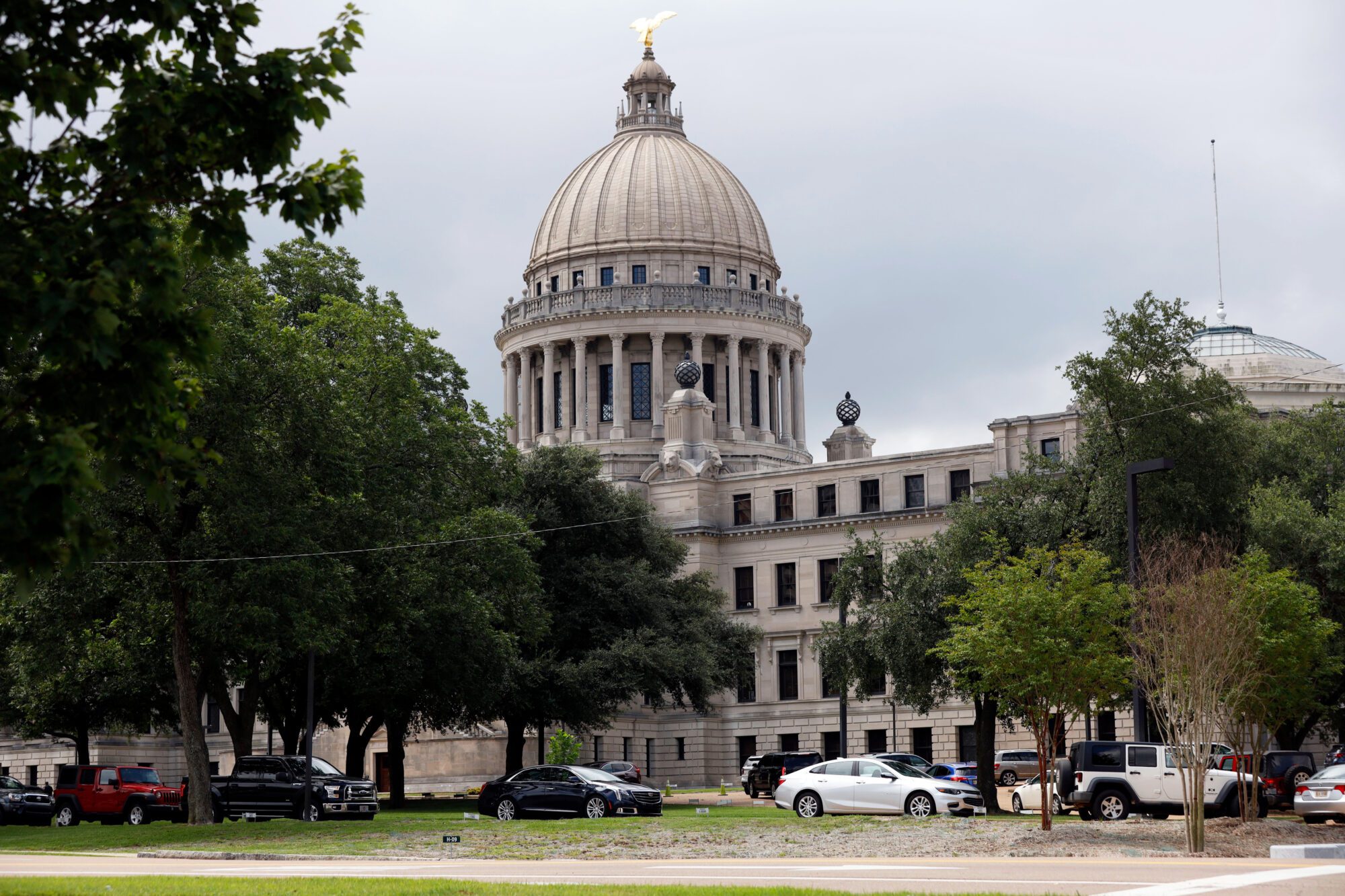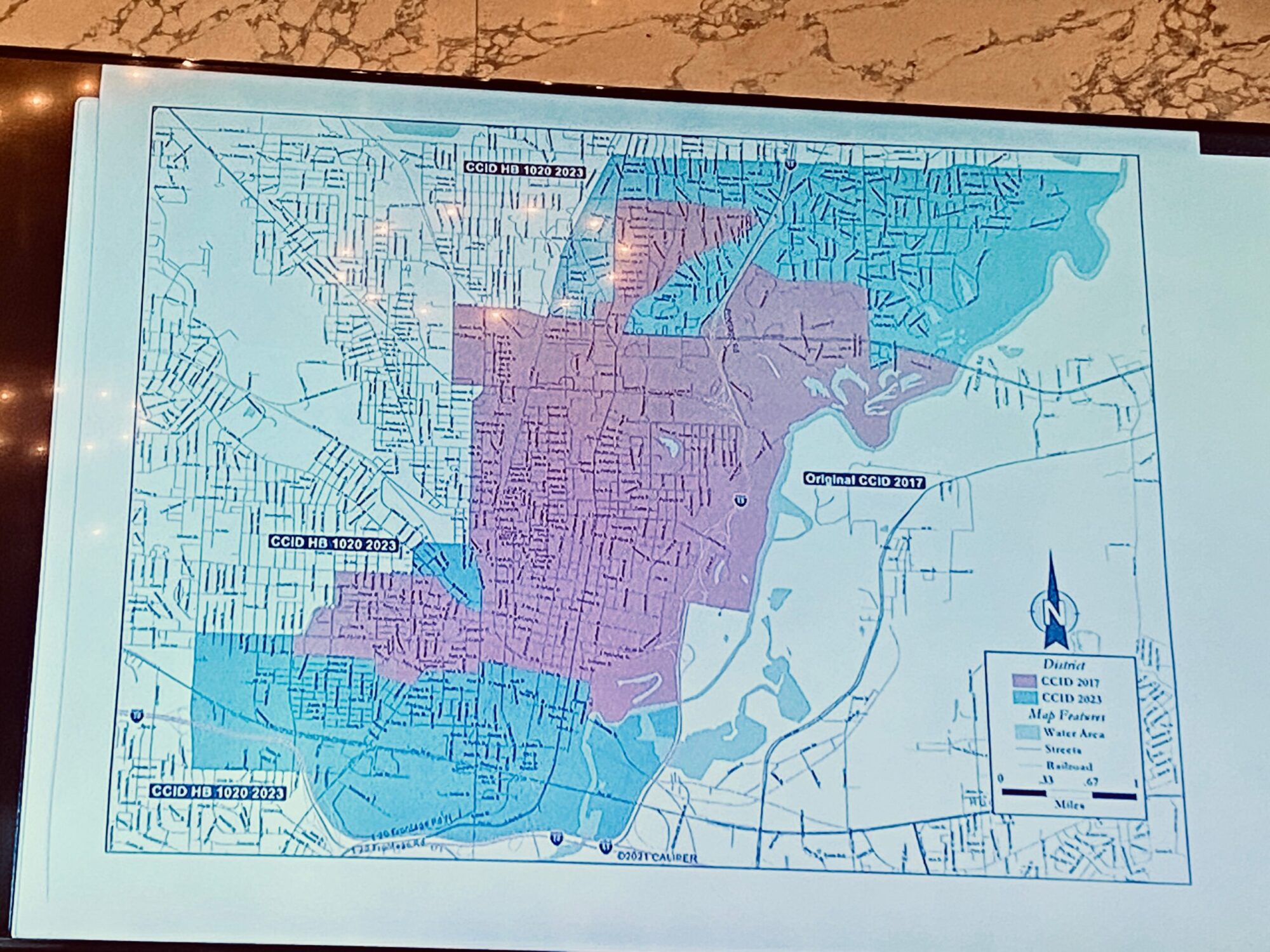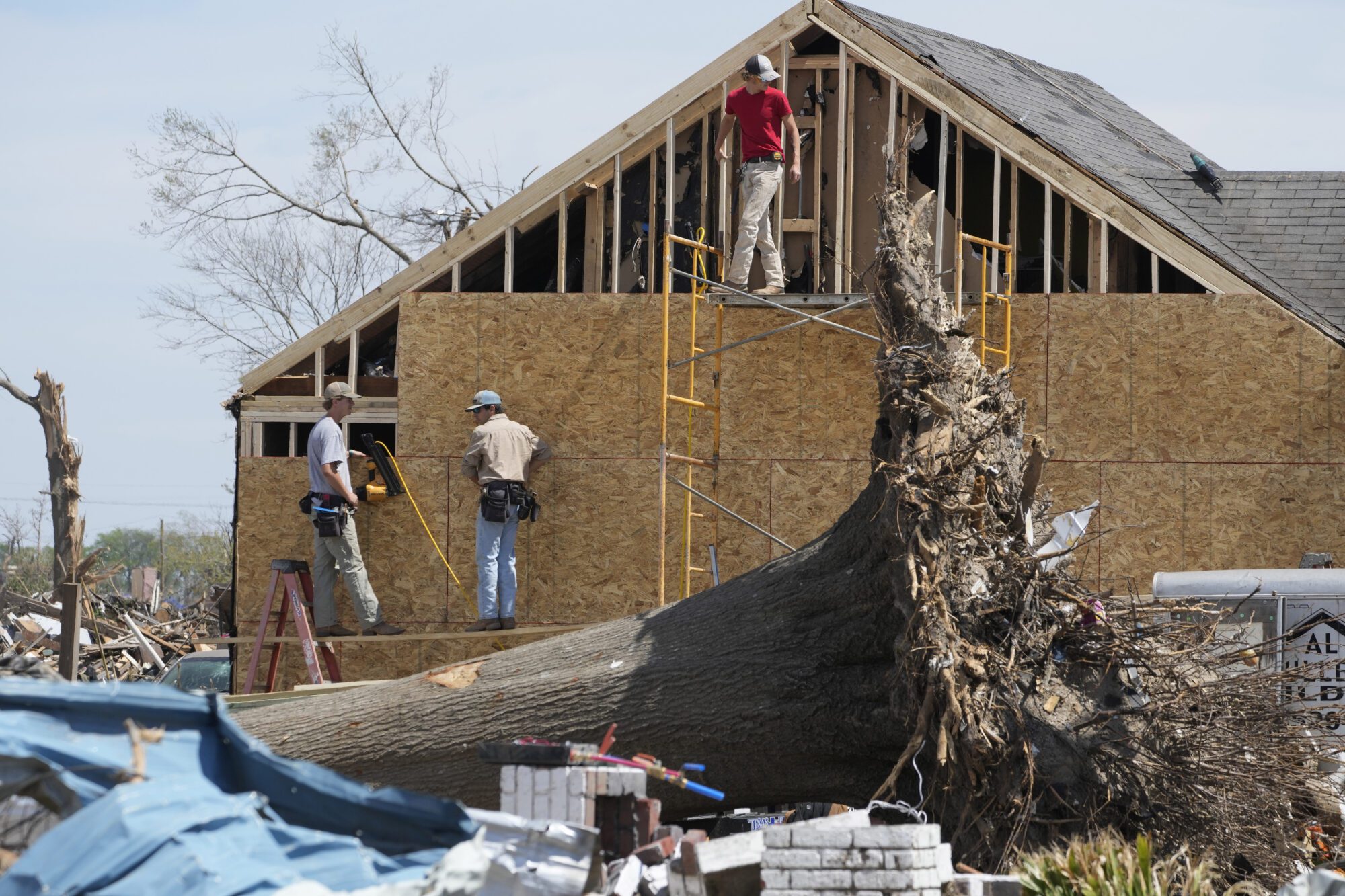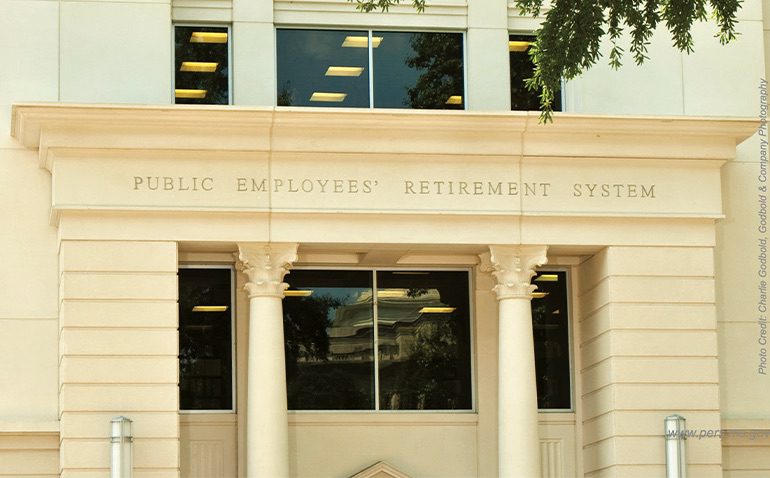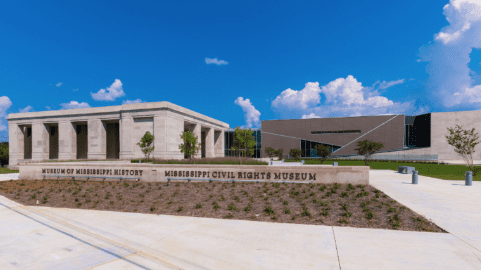
Photo: Reimagine Prep Public Charter School
Given the success of public charter schools in the Magnolia State and the need to provide educational options, why aren’t there more than eight?
In 2013, the Mississippi Legislature enacted the “Mississippi Charter Schools Act”
providing authorization for a charter school oversight board and guidance for the formation of
charter schools in Mississippi. On Monday, April 17th, the state marked the ten-year anniversary of that legislation.
Today, over 3,000 Mississippi children receive their education in a public charter school.
The Executive Director of the Mississippi Charter School Authorizer Board (MCSAB), Dr. Lisa Karmacharya, spoke with the Magnolia Tribune about the application process for charter schools and the impact that these schools have on not only students, but teachers and families as well.
Dr. Karmacharya said that every parent should have a choice in where their child attends school. She said public charter schools are a critical complement to the traditional public school landscape.
“Families often feel at a loss when it comes to options and doing what is best for their children,” Dr. Karmacharya stated. “Our schools provide a public option for families to consider and our school leaders have clearly demonstrated a commitment to ensuring the students they are privileged to teach enjoy an educational experience that is provided to them in a safe, healthy, compassionate and caring school environment.”
The MCSAB Executive Director said that unfortunately, despite all of the educational gains Mississippi has made over the past few years, the fact remains there are hundreds of thousands of children attending failing schools.
“Charter schools play an important role in filling a need for those families,” Dr. Karmacharya said.
Public charter schools well received by students, parents and communities
In celebration of the ten-year anniversary of charter school in the state, Empower Mississippi, a long-time advocate organization supporting school choice, released a video featuring students and teachers speaking on the impact charter school education is making in the state.
Deborah, an eighth grader at Midtown Public Charter School, said kids in Mississippi deserve charter schools. Melody M., a sixth grader at Leflore Legacy Academy, agreed.
“They deserve the opportunity to have what I have,” Melody explained.
Dr. Tamala Boyd-Shaw, Executive Director of Leflore Legacy Academy, said her hope, dream, and desire is that more people will want to get informed about what public charter schools are and what they do in the communities they serve.
“We have seen public charter schools in the state of Mississippi become positive influences in the lives of students in big cities like Jackson and in smaller towns likes Clarksdale and Greenwood,” Kevin Parkinson, Principal of Midtown Public Charter School stated. “I just get so excited thinking about what could be possible if students and families all cross the state of Mississippi and those similar options.”
DeArchie Scott, Founding Executive Director of Ambition Prep Charter School, added that every child deserves a quality education, no matter their zip-code or background.
In 2020, Mississippi First released a report summarizing and explaining the public perception of charter schools in the state. The report found that overall, strong majorities of all parents in Mississippi charter school communities support charter schools in their communities (75.1%). The report also showed that:
- 96.3% of charter parents support charter schools
- 72.7% of non-charter parents support charter schools
- 58.2% of parents in charter school communities believe opening a charter school has affected access to high-quality schools positively, including majorities of both types of parents (charter parents: 84.5% and non-charter parents: 54.9%)
- 98.1% of public charter school parents would recommend their child’s school to other families
- 93% believe their child’s charter school is a caring and nurturing place
In addition, almost 100% of parents are satisfied with their students’ academic progress and agree or strongly agree that charter schools are preparing students for college (97%) and agree or strongly agree that their child’s school is a good place to learn.
However, as of March 2023, there are only eight operating charter schools located in three communities in Mississippi – Jackson, Clarksdale, and Greenwood.
Matthew Ladner, Director of the Arizona Center for Student Opportunity at the Arizona Charter Schools Association and serves as Executive Editor of the blog ReimaginED, stated that the charter school movement succeeded in providing options for millions of American families since the first law passed in Minnesota.
“Unfortunately the laws passed over the last 20 years, including Mississippi’s statute, have provided educators relatively limited opportunities to create school options,” Ladner said.
Grant Callen, CEO of Empower Mississippi, said as we celebrate ten years of charter schools in the state, he has mixed emotions.
“I am proud because the eight operating charter schools are giving children a wonderful environment to learn and helping thousands of kids get to college,” Callen said. “But I’m saddened because the growth of the sector has been so glacially slow, leaving out thousands of children who could have benefited from the life-changing opportunity to attend a charter school. We must do better in the next ten years!”
Rachel Canter, Executive Director of Mississippi First, said they have been a supporter of charter schools, essentially from their founding. She noted that kids in charter schools outperform their similar peers and the longer they are in charter schools, the better and better they do.
“That’s very compelling evidence that we should be open to additional public schools, because charter schools are public schools, that can provide another educational option for kids who have been historically underserved by the traditional public school system that they are currently in,” Canter stated.
Canter explained that when the Mississippi Charter School Act of 2013 was first passed, there was a lot of optimism about what the growth of the sector would look like.
“I knew as a realistic matter, that we would not be ten years down the road with thirty, forty, fifty charter schools. That just wasn’t going to happen because it’s very difficult to open schools. It takes the right kind of entrepreneurial leader, it takes philanthropic resources, federal resources, it takes a system of support to get schools off the ground,” Canter stated.
Canter added that no one could have predicted that the growth would have been as “glacially slow” as it is now where the MCSAB is approving one charter school application a year.
“And that’s extremely disappointing for those of us in this sector,” Canter continued. “One of the things that is frustrating is that the last couple of schools that have been approved had to apply multiple times before they’ve gotten approved. And that also indicates to me that there is something wrong with the authorizer board’s process because none of these individual are different people between the first year they applied and the second year they applied and are approved.”
The Mississippi First Executive Director said its a question of trying to figure out what kind of game the authorizer board is playing, “and I think that’s a real frustration and area of weakness that we need to improve as part of our sector.”
Canter said the current Board should consider having more than one cycle, such as a rolling cycle.
“Over time it has become less and less clear what the authorizer board is looking for, they have “standards” that they published in teh RFP. Those standards are vague, it’s not clear how schools are going to be evaluated,” Canter stated. “We’ve had situations where year to year there’s inconsistency in how different application’s narratives are evaluated and none of these things should be the case.”
Canter said it goes back to whether the authorizer board wants more schools, do they believe in the mission of the organization, do they want to support this sector?
“Because all of these things are within their power to control, within their power to set the application process, within their power to set the standards, within their power to clearly articulate what they’re looking for and how people can meet that bar,” Canter noted.
Recent applications for charter schools in Mississippi
The MCSAB recently approved charter schools locating in Natchez and Canton. Those schools are expected to open by Fall 2023.
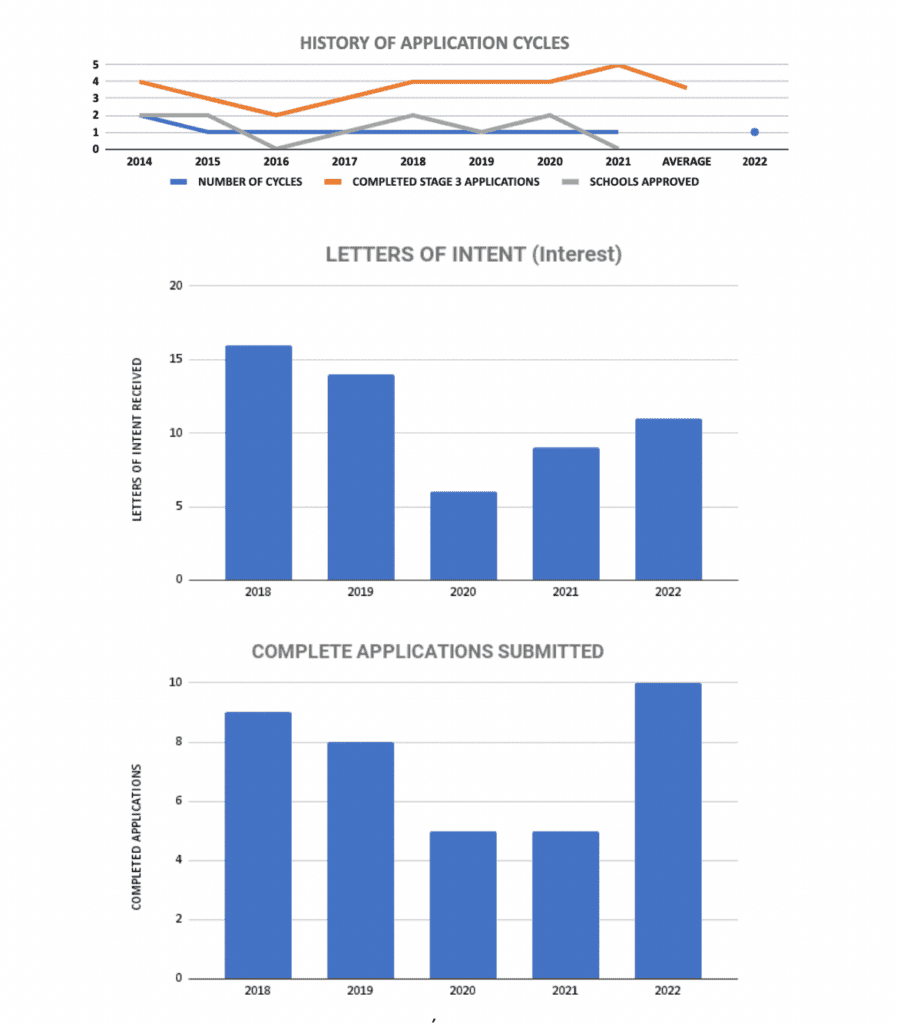
In 2022, just one applicant, Instant Impact Global Prep, received approval to open a new charter school in Mississippi.
According to a 2014 – 2022 Charter School Application Cycle report, MCSAB received 11 letters of intent for charter schools in its 2022 application cycle and 10 complete applications. Four applicants for a proposed five schools were invited to a capacity interview.
MCSAB received five complete applications for charter schools in its 2021 application cycle. The Board, on recommendation from its independent evaluator, did not approve any applications for additional charter schools during that year.
The Board received three complete applications for charter schools in its 2020 application cycle. Of those, the board, with assistance from a review team of three independent evaluators, approved one application and denied two. Because Revive Prep was initially approved in 2018 and had delayed their opening, MCSAB required RePublic Schools, Inc. to submit a modified application for Revive Prep. The application was approved for the school to open in 2022. The pandemic required capacity interviews for the 2020 cycle to be held virtually.
Roles and responsibilities of the Mississippi Charter School Authorizer Board
The MCSAB is the authorizing body for charter schools in the state and is responsible for
oversight of the schools’ operations. The Board’s responsibilities include developing chartering policies, reviewing charter school applications, deciding whether to approve or reject applications (including renewal applications), entering into charter contracts with applicants, overseeing charter schools, and, when necessary, revoking a charter school’s contract.
Dr. Karmacharya agrees that there needs to be more public charter schools operating throughout the state but doesn’t believe it is okay to approve new school applications for the sake of numbers.
“That does not demonstrate a commitment to our mission or values. It is not fair to families, children or communities when approved schools delay or fail to open and it would be absolutely devastating to open a school and have to close them due to any number of factors,” Dr. Karmacharya said. “And frankly, it is not fair to the applicant team to approve them if they are not ready.”
Karmacharya said it is much more common among authorizers, and certainly more ethical, to provide the team with feedback and constructive criticism for improving while encouraging them to apply again, hopefully setting them up for success in the future.
“As you may know, the first charter school opened in the early 1990’s. And we’ve learned from other states that ‘doing charter schools’ takes time,” she added. “Many took the ‘let a thousand flowers bloom’ approach only to disappoint families, potential staff communities, and most of all children.”
Dr. Karmacharya noted with respect to the eight operating charter schools in the state, that their success is a direct result of continued high expectations of self and others. She said that is evidenced by schools in their portfolio demonstrating encouraging accountability results.
“Schools have outperformed other similar schools in their respective districts, comparative growth is relatively strong across most categories, parent satisfaction is at an all-time high, chronic absenteeism is improving and there is a positive demand for charter seats,” Dr. Karmacharya said. “These are all signs of a vigorous charter school community. Doubling our charter school portfolio since 2019, approving every school that has been through renewal and increasing student enrollment provide clear evidence of the of progress we’ve made.”
Applicant teams must be able to provide compelling evidence that they are well positioned to serve scholars once they open their doors. She said that is more than words on paper; it means a founding team and governing board members with diverse skill sets and areas of expertise who are able to demonstrate a complete understanding of the legal, moral and ethical complexities of operating a school.
To name a few, that it is an understanding and the practical application of academics, curriculum, instruction, formative, summative and state assessments, data analysis to inform instruction and organizational practices, scheduling, transportation, child nutrition, federal programs, gifted education, personnel, budgeting and how state and federal law play a role in each.
The primary reasons for applicant teams not being successful are:
- Not fully understanding the role of the governing board, how to structure governance, how the governing board oversees its schools, and avoiding conflicts of interest.
- Not submitting a well-developed cohesive plan that provides the reviewers with high levels of confidence.
- Gaps in the application (underdeveloped sections) that fail to address the specific needs of the community and children they propose to serve.
- Failure to clearly articulate the school model and mission.
- Failure to demonstrate a healthy, viable, and realistic 5-year financial plan.
Public charter school application process
The MCSAB is currently inviting proposals for quality charter schools seeking to open in the 2024-2025 school year or thereafter.
The charter school application process begins with a Letter of Intent and concludes nearly nine months later with the Board making a decision to approve or deny the application. The process includes several phases including the following: Stage I: Completeness Check, Stage 2: The Threshold Quality Review, and Stage 3: The Independent Evaluation Team Review and Capacity Interview for Invited Applicant Teams.
Click to view details from the Board’s milestones
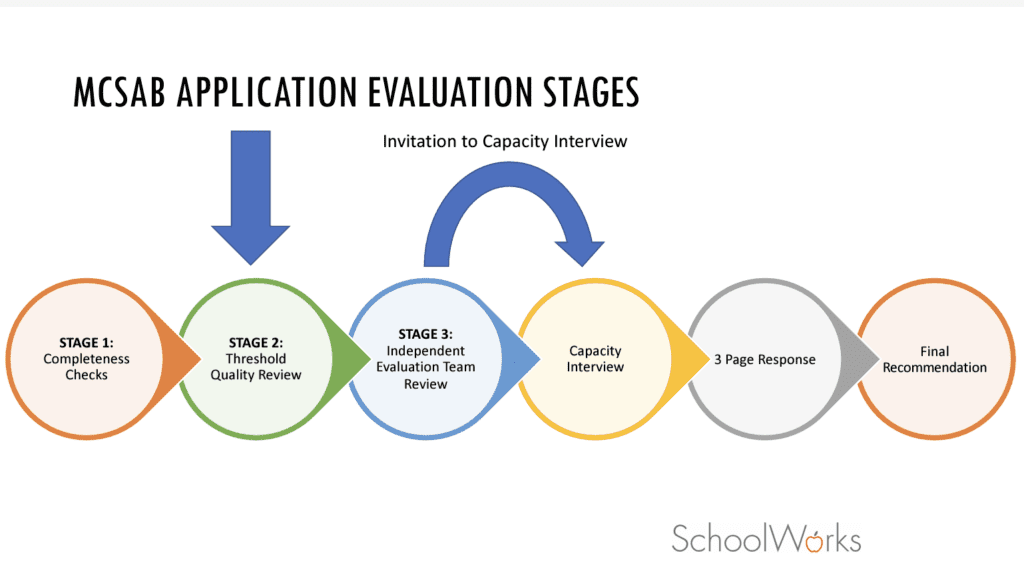
An applicant team should be able to demonstrate in writing their ability to bring their vision to life. The written application should provide evaluators with a high level of confidence that the team is well prepared to open and operate a high-quality school.
The application is very comprehensive and requires the applicant to provide detailed information about the proposed school model, the curriculum, community need and support, the schools’ governance structure and a five-year budget including philanthropy and access to funds for the start-up year.
Additionally, in 2022, the NACSA recommended that the Board add a requirement regarding the capacity interview, which provides an applicant team an opportunity to further demonstrate its capacity to open a high-quality school.
The Executive Director of MCSAB said not every applicant team that submits a letter of intent completes the application cycle and that Mississippi has been at a significant disadvantage since 2015 in terms of recruiting and training up high-quality applicant teams.
Mississippi had no incubator until very recently and still do not have a charter school association. The majority of states have both including our neighbors in Louisiana who have a robust association and new school organizations such as New Schools for Baton Rouge (and there is a new schools for Alabama). These entities help to ensure applicant teams are well prepared to participate and be successful in a vigorous new school application cycle.
Current law states that charter schools can only be established in “D” or “F” rated districts. Below are the eligible districts in Mississippi for charter schools in 2023 based on the latest grading:
- North Panola School District
- Noxubee County School District
- Greenwood-Leflore Consolidated School District
- Greenville Public School District
- East Tallahatchie Consolidated School District D Amite County School District
- Wilkinson County School District F Yazoo City Municipal School District
